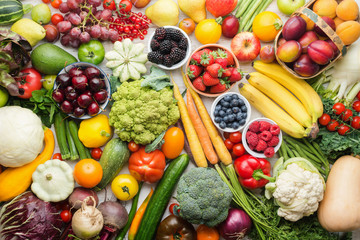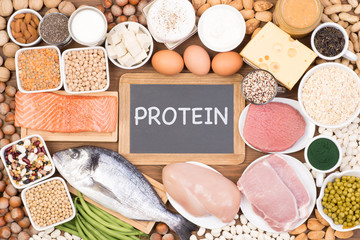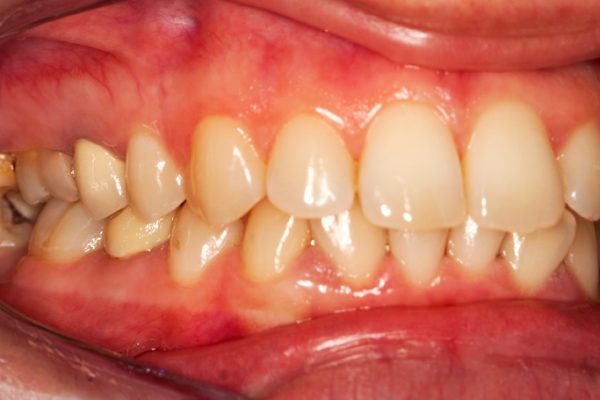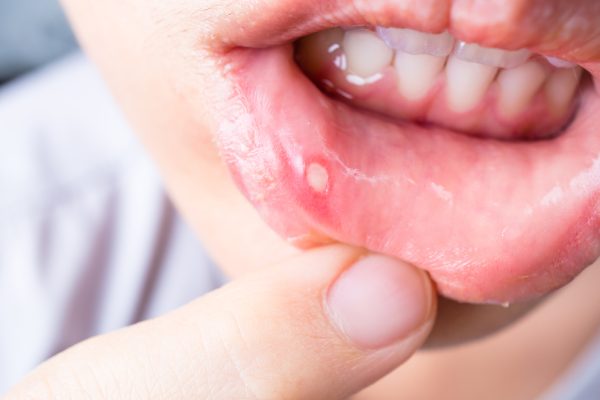For a healthy smile and healthy teeth, it is important to brush your teeth with fluoride toothpaste daily. Your teeth and gums are as important as what you eat. You’re not just feeding your body by drinking sugary or starchy foods. You are also feeding bacteria that can cause gum disease and tooth decay in your mouth. Plaque is a thin and invisible sticky film made of bacteria and other materials. Plaque covers all surfaces of your teeth. Acids form when sugars and starches in your mouth contact plaque. These acids can cause damage to your teeth for up to 20 minutes after you eat. Repetitive attacks can cause the enamel to wear away. This can lead to tooth decay. Plaque bacteria trigger an inflammation response. This leads to the destruction of the supporting structures, such as the bone and gums. There are Foods for Healthy Teeth that will help to take care of your teeth.
Table of Contents
What effect does my oral health have on my nutrition?
Many people don’t realize the importance of your oral health in your ability to get proper nutrition. Healthy teeth and strong support structures (gums, underlying bone) are essential for chewing food.
Many people believe that digestion starts in the stomach. However, this is false. The first step in digestion is chewing. Officially known as mastication, the act of chewing allows for both a mechanical and chemical breakdown of food particles.
Chewing increases saliva production, which helps in swallowing and lubricates the mouth. Important enzymes in saliva are responsible for the chemical breakdown of food molecules.
Your ability to chew correctly and thoroughly will decrease if you don’t have a full set of teeth. People with periodontal disease or who have weaker teeth will experience a decrease in their ability to chew. People who have multiple missing teeth can’t grind food properly and swallow larger amounts of food. This can lead to your body not getting all the nutrients it needs from your food.
People who have poor teeth and gums may avoid certain foods, such as crunchy, raw fruits, vegetables, and meats. This can make it difficult to chew. A diet with weak teeth and gums can lead to food that is low in nutritional value.
What are the Best Drinks and Foods for Healthy Teeth?
You must avoid acid erosion, decay, and fractures to maintain good oral health. A pH imbalance is the most common cause of decay that causes cavities in the mouth.
Along with a healthy diet, it is important to neutralize acidity in your mouth by drinking lots of water and brushing frequently. Some of the Best Drinks and Foods for Healthy Teeth are as follows.
Water
Plain water (non-sparkling), is the only drink that is completely safe for your teeth. Your salivary glands function best when you are well hydrated. If your body is not properly hydrated, it cannot produce enough saliva. The neutral pH of water is important for maintaining a healthy oral environment. However, bottled water can have very low pH levels.
Balanced, Nutrient-Rich Diet
You must eat foods from all five major food groups in order to get the proper nutrients for your overall health. These Foods for Healthy Teeth and overall dental health if they are eaten in moderate amounts.
- Whole Grains – This simple rule applies to whole grains: The longer you cook them, the more complex they are and the healthier it is for your teeth. This means that you should not choose fast, processed foods such as oatmeal or rice over more complex options.
- Fruits – These are a good source of vitamins, minerals and antioxidants. However, many fruits are acidic, which can cause cavities and acid erosion. To minimize damage and maintain a balanced diet, eat your fruit with a meal. Avoid or reduce direct consumption of acidic fruits such as grapefruit, limes, and lemons.

- Vegetables – Most vegetables are complex carbohydrates and can have a plaque-removing impact on your teeth if eaten raw, making it one of the best foods for healthy teeth. Raw vegetables such as celery, carrots and spinach can be great choices.
- Lean Protein Sources – Foods like lean beef, skinless poultry, fish, dry beans, peas, and other legumes support your immune system and mouth. They are very unlikely to cause cavities.
- Dairy Products – Dairy products like yoghurt, milk, and cheese are great sources of calcium and other vitamins that are essential for good oral health. There is a small amount of natural sugar in milk that can cause cavities. This is why we recommend new parents not give their child milk in a sippy mug overnight.
What nutrients should I look for to build strong, healthy teeth?
Many nutrients that are essential for great oral health are also essential for your overall health. It’s easier to spot nutritional deficiencies in the mouth than it is to identify them when it comes to your oral health.
Calcium
Calcium is essential for healthy teeth and strong bones. Without this essential mineral, teeth can become fragile and porous. You can ensure that you are getting enough calcium by consuming variety of dairy products as well as green leafy vegetables. Many breakfast bowls of cereal are fortified with calcium. Dairy products and calcium-related products are the best options of foods for healthy teeth.
Zinc
Zinc can boost your immune system and fight common colds. Zinc deficiency can lead to sores around the corners of your mouth (called angular Cheilitis) and frequent canker sores. Zinc can be added to your diet by eating salmon, chicken, dark cocoa, pumpkin, and watermelon.
Vitamin D
Vitamin D is vital for the formation and maintenance of healthy bones. It must also be present in sufficient quantities to allow calcium to be properly absorbed by your body. Vitamin D deficiencies can increase your risk of developing aggressive gum disease. Vitamin D can be obtained in two great ways: by taking a vitamin supplement and getting lots of sunlight!
Protein
Protein is an essential nutrient for muscle growth. Proteins are essential for fighting bacterial infections, healing and maintaining a healthy pH. A protein deficiency may cause delayed healing and fungal infections are known as candidiasis.
Good oral hygiene can help prevent oral problems. This includes brushing your teeth twice daily with fluoridated toothpaste, flossing every day, and drinking fluoridated water.
I am an Ambitious girl with a special interest in writing and sharing my knowledge. I love to hangout with nature and learn from it. My words will display the power of nature to the best as I love to write about the environment.







